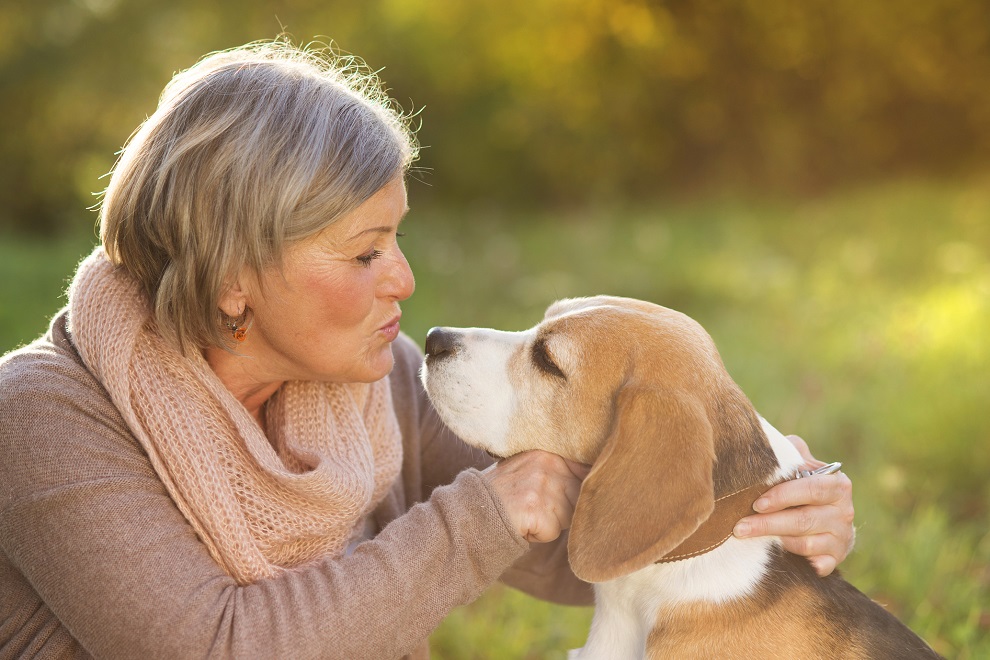How Effective Of A Treatment Is Pet Therapy For The Elderly?
As we continue to learn more about the aging process and uncover alternative treatments for seniors, one technique increasing in popularity is pet therapy for the elderly. More often than not, people can visit a nursing home or hospice facility and see a dog or two roaming the halls. These animals have been specially trained to provide companionship to the elderly, and in some instances can become a full time pet.
While it might sound a little unconventional, the benefits of pet therapy in hospice facilities have proven results in both the mental and physical health of residents. How exactly is that possible? Let’s explore the benefits of these miracle animals.
A Natural Mood Booster
Some say that having a pet around creates a more homelike environment, while others lean on their animals for companionship. Whatever the case may be, many studies have shown that having a pet around specifically for the purpose of therapy elevates the demeanor of the elderly. How could someone resist smiling when a big fluffy dog runs up to them, wagging their tail and longing to be pet?
From combating depression or helping to ease the transition into a later stage of life, pet therapy
for the elderly provides a feeling of calm and connectedness with another creature. This translates into lower blood pressure in patients as well as fewer instances of stroke and lower overall stress levels. While homecare professionals like Caring People realize that pet therapy isn’t a medical treatment per se, the effects of the animals are positive enough to promote having them present.
Creating A Sense Of Purpose
Especially important for seniors who are experiencing mental degeneration, pet therapy for dementia patients provides a multifaceted opportunity. It can be hard to adjust to a new way of life where people and places feel unfamiliar, so for individuals dealing with dementia or Alzheimer’s, pet therapy has shown to reduce the amount of challenging behavior in these patients.
Seniors also benefit from having a true sense of purpose in their remaining lifetime. For those who are able, taking care of their companion gives patients joy and a reason to wake up every morning. Some of these animals are so connected to their owner that they can even sense when the end is near. Dogs in particular are keen to this change, and have been found laying in bed alongside their owner after he or she passes.
Making A Difference One Day At A Time
Animals of all kinds can find an opportunity to be a part of a greater good for the elderly. Whether it’s pet therapy in hospice or for a specific medical condition, using pet therapy for the elderly creates a positive bond between human and animal. Maybe it reminds patients of the dog they had when they grew up, or they particularly love to watch fish swim around, bringing them a sense of calm and relaxation. No matter the reason, animals can certainly bring us joy in every stage of life.











